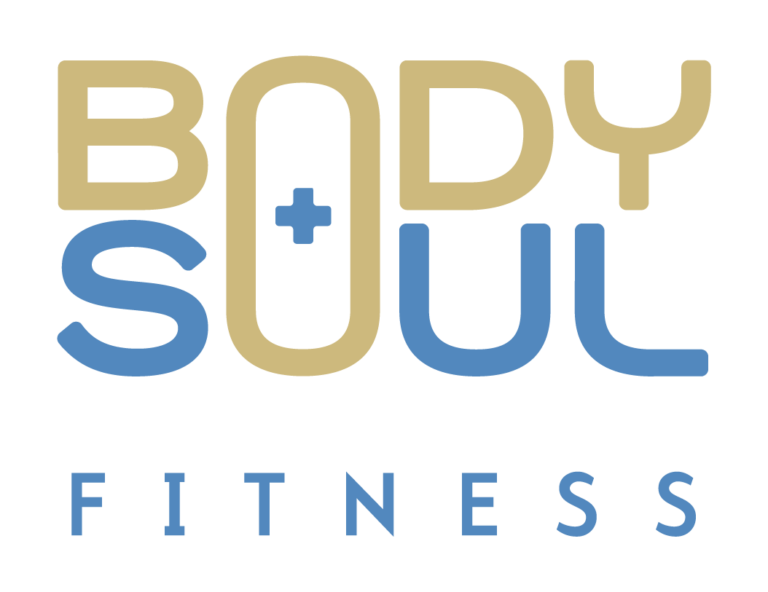Importance of Sleep for Your Health
Improving your sleep is an extremely powerful way of improving every aspect of your life. Many of the benefits are very obvious and well known such as having more energy, improved body composition and better mood. Others are a little more obscure, like improved learning ability.
Many people think that improving your sleep relates to the actions you make right before you go to bed. The truth is that for most, it is much too late and all the changes you make will seem ineffective. We are actually going to start with changes you can make in the morning which will improve your sleep for the coming night. The earlier we can get things started, the more effective we will be at improving your sleep. Sleep isn’t something we can shock into adapting to. We need to coax our bodies and our natural rhythms into slow steady change.
I like to use the analogy of a candle. At the end of the day, we want our candle to be burnt all the way down to the base. It’s tough to make a candle burn faster, so the easiest way to have our candle burn to the base is to get things started as early as possible in the day.
My goal for you in this section is simple. I want to you to make enough changes so that we can satisfy 3 guidelines. Falling asleep quickly and easily, stay asleep throughout the night and you wake up feeling refreshed.
In this 10-part sleep series, personal trainer Chris Munro emphasizes the importance of getting enough nightly zzz's and regulating your sleep cycle. Explore how to improve your quality of sleep from the moment you wake up until your head hits the pillow.
Explore why regulating your internal clock, or staying consistent with what time you wake up at in the morning is crucial for your health. It will also discuss why using the alarm on your phone is not good sleep practice.
Chris discusses how and why light exposure in the morning, as opposed to sound, can be a great first step in sleep improvement and help you feel better.
Is it really that important to eat breakfast? What about intermittent fasting diets - are they healthy? Chris discusses why it’s bad practice to skip a morning meal, the detriments it can have on your sleep patterns and healthy foods to eat for breakfast.
Do you tend to feel sluggish in the morning? Chris explains how exercising in the morning will not only improve your energy levels throughout the day, but also help your quality of sleep at night.
Chris discusses how to monitor and limit your caffeine consumption so you can still drink coffee without ruining your sleep patterns. He also reviews an average daily step count goal, and the importance of staying active outside of your workouts.
Alcohol makes me drowsy, but does it help me sleep better? Chris outlines a few guidelines for what you should aim to eat and drink in the evening to ensure optimal sleep quality. He explores the negative impact drinking alcohol too close to bed will have on your nightly rest.
Are you on your cellphone and/or iPad late at night? Chris explores how artificial light, including electronics, should be avoided in the evening, and details tips to decrease your exposure.
Chris looks into the many things you can do right before bed, and during sleep that will help you fall asleep faster and improve the quality of your nightly zzz’s. He will touch on things like bedroom temperature and light, routine, and activities to do.
In this final video in this sleep series, Chris emphasizes the importance of consistency and routine. He also addresses a few common sleep problems, such as nighttime wake ups and how to avoid these.

